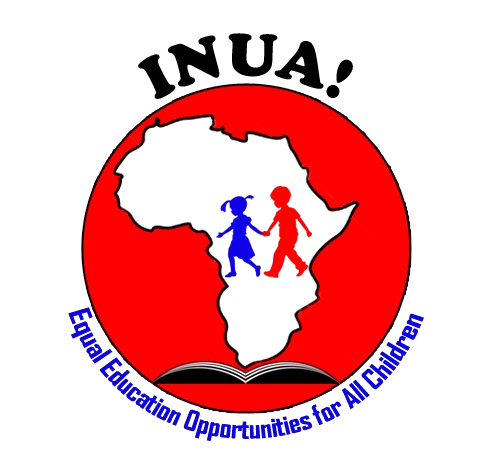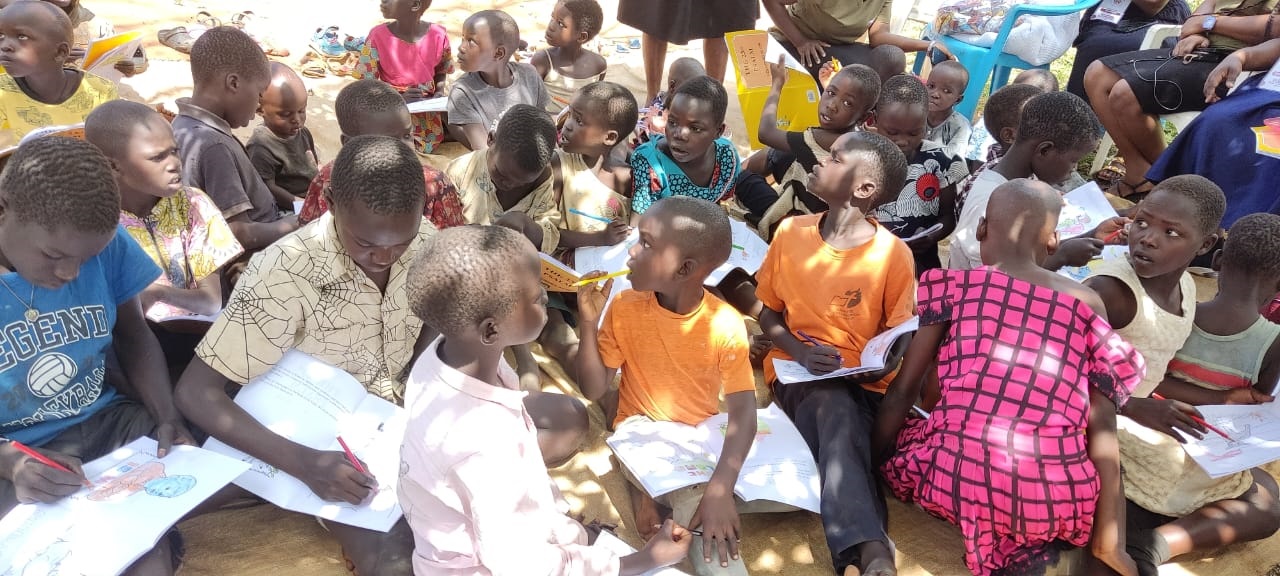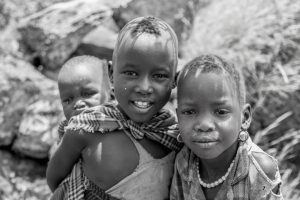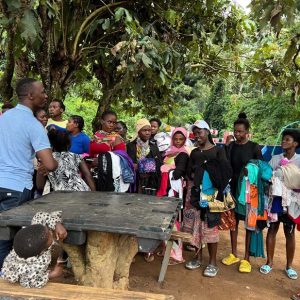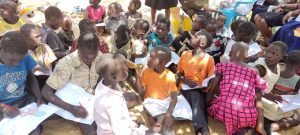Introduction
Education is a fundamental right for every child, yet millions of children in rural areas across Uganda face significant barriers to accessing quality education. At INUA Uganda, our mission is to bridge this gap by working with rural communities and schools in Northern Uganda to provide transformative education opportunities for last-mile children and youth. This blog post explores how INUA Uganda is making education accessible, inclusive, and impactful for children in the most remote parts of the country.
Challenges Facing Last-Mile Students
Children in rural Northern Uganda face numerous challenges that hinder their educational journey, including:
- Geographical Barriers: Long distances to the nearest school.
- Economic Challenges: High poverty rates prevent families from affording school fees and supplies.
- Limited Resources: Inadequate infrastructure, lack of learning materials, and insufficient qualified teachers.
- Cultural Barriers: Gender-based discrimination, early marriages, and traditional roles limit educational opportunities for girls.
INUA Uganda’s Approach to Bridging the Gap
INUA Uganda adopts a holistic approach to tackle these challenges and ensure that last-mile students receive quality education.
1. Improving Access to Education
We collaborate with local communities to establish and support schools in remote areas. Our programs provide scholarships, school supplies, and transportation solutions to ensure that children can attend school without financial or logistical barriers.
2. Enhancing Quality of Education through Continuous Professional Development (CPD)
INUA supports teachers through CPD programs that equip them with modern teaching techniques, classroom management skills, and subject knowledge. Regular workshops and training sessions help teachers deliver effective and engaging lessons, improving student outcomes.
3. Community Engagement and Support
We believe that education is a collective effort. INUA works closely with parents, local leaders, and stakeholders to foster a supportive environment for education. Community meetings, sensitization campaigns, and parental involvement initiatives ensure that education becomes a shared priority.
4. Empowering Girls Through Education
Gender inequality remains a significant barrier to education in rural Uganda. INUA Uganda runs targeted programs to encourage girls to stay in school, including mentorship programs, provision of menstrual hygiene products, and advocacy against early marriages.
5. Leveraging Technology for Education
To overcome resource limitations, INUA integrates technology into learning. We provide digital learning tools, access to online resources, and training for both students and teachers on utilizing technology for education.
Impact of INUA Uganda’s Programs
Since its inception, INUA Uganda has:
- Increased school enrollment rates in targeted rural communities.
- Improved academic performance through teacher training and resource provision.
- Empowered hundreds of girls to pursue their education and delay early marriages.
- Enhanced community participation in education through regular engagements and capacity building.
Success Stories
Aisha’s Journey: Aisha, a young girl from a remote village, faced the threat of dropping out due to financial challenges. With INUA’s scholarship and mentorship program, she not only continued her education but also excelled in her studies. Today, she dreams of becoming a teacher to give back to her community.
Teacher Jacob’s Transformation: Jacob, a teacher at a rural school, participated in INUA’s CPD workshops. The training transformed his teaching methods, making his classes more interactive and effective. His students now show remarkable improvement in their academic performance.
Conclusion
Bridging the education gap in rural Northern Uganda is a challenging but vital mission. INUA Uganda remains committed to ensuring that every child, regardless of their location or background, has access to quality education. Together with our partners and supporters, we continue to create opportunities for last-mile children and youth to build brighter futures.
